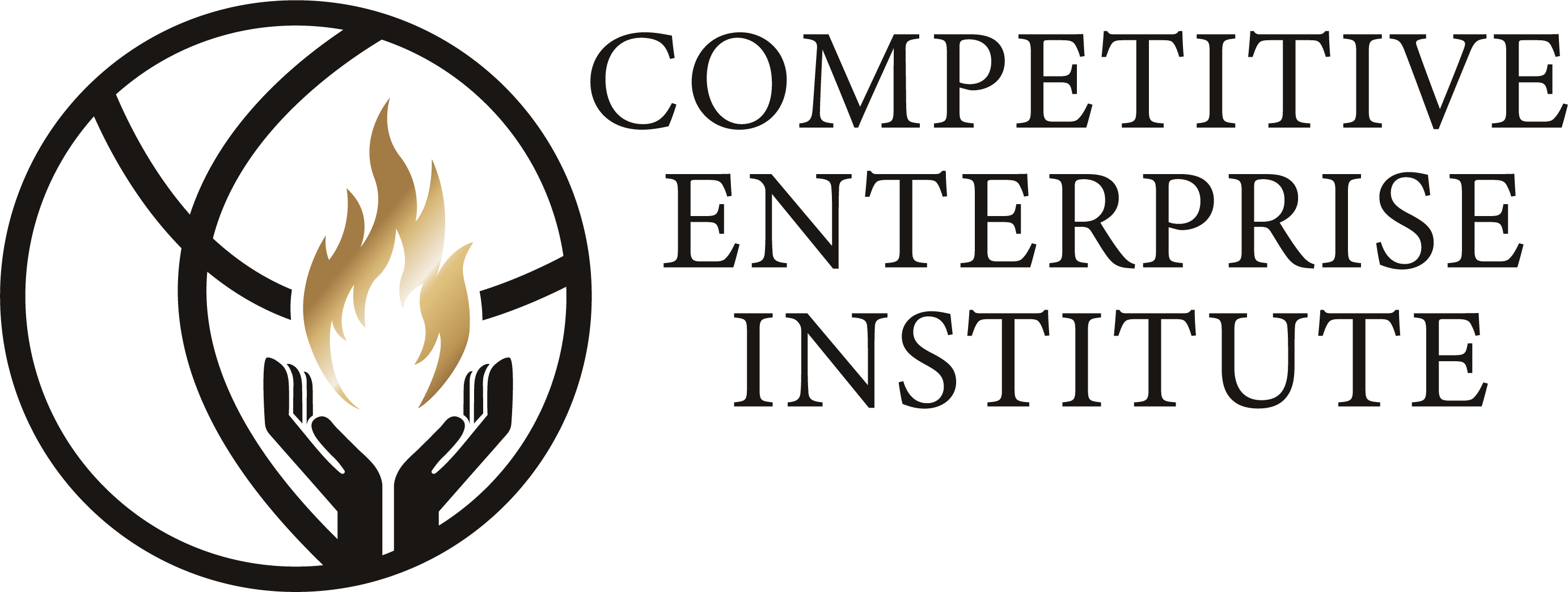FTC Policy Unpacked: Achieving Change at the Federal Trade Commission

Event Video
FTC Chair Khan has sought to implement aggressive and profound changes at the agency from novel approaches on antitrust to groundbreaking rulemakings. But will these efforts have lasting effects?
Former FTC Chairs Tim Muris and Maureen Ohlhausen will be joined by Howard Beales, former Director of the Bureau of Consumer Protection at the FTC, to compare these efforts with previous Chair-initiated policy shifts at the agency. Professors Muris and Beales will also unveil their extensive research, published by the Competitive Enterprise Institute, analyzing key differences compared to earlier FTC efforts at promoting change.
This panel will discuss: How should a change agent manage the existing career staff? How should relations with Congress and other key stakeholders be managed? How can change best be implemented in the face of a potentially hostile judiciary and other formidable obstacles? What role should institutional norms play in answering these questions?
Featuring:
Prof. J. Howard Beales III, Professor Emeritus of Strategic Management and Public Policy, School of Business, The George Washington University; Former Director of the Bureau of Consumer Protection, Federal Trade Commission
Hon. Timothy J. Muris, George Mason University Foundation Professor of Law; Senior Counsel, Sidley; Former Chairman, Federal Trade Commission
Hon. Maureen K. Ohlhausen, Partner, Antitrust and Competition, Wilson Sonsini Goodrich & Rosati; Former Acting Chairman and Commissioner, Federal Trade Commission
Moderator: Svetlana Gans, Partner, Gibson, Dunn & Crutcher, LLP; Former Chief of Staff, Federal Trade Commission

Co-Sponsored by the Competitive Enterprise Institute
---
To register, click the link above.
*******
As always, the Federalist Society takes no position on particular legal or public policy issues; all expressions of opinion are those of the speaker.






